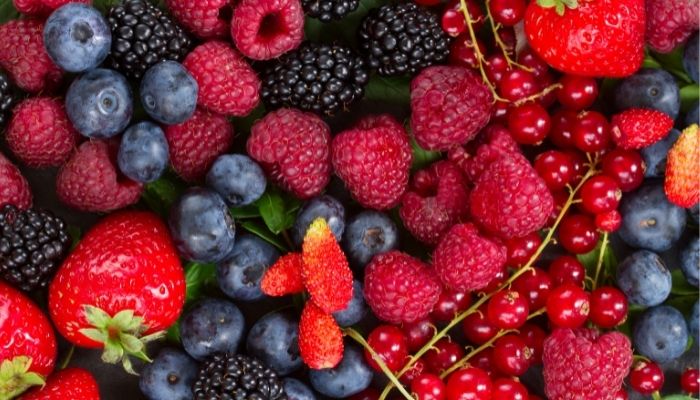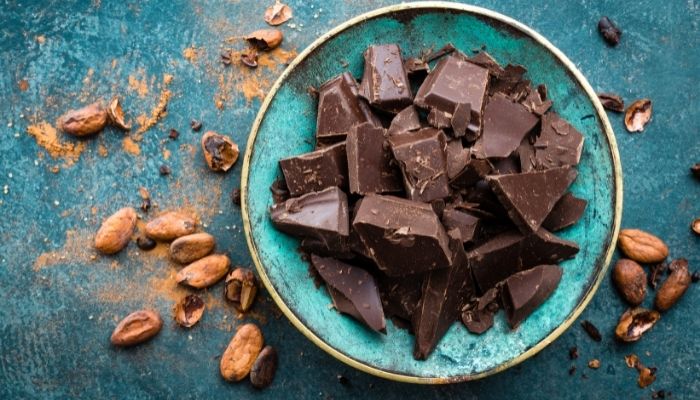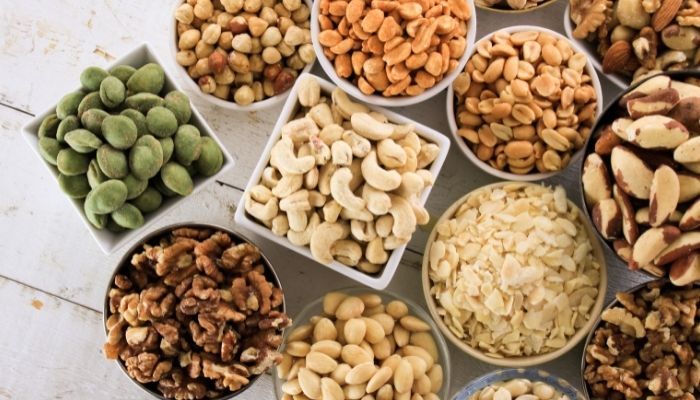Your brain is the pivotal organ of your body that keeps your heart and lungs healthy and allows you to move, feel, and think. Thus, it is always a good idea to keep your brain wholesome and working. Eating best foods for brain health will not only keep your brain vigorous but also improve certain mental tasks, including memory and concentration. The brain demands some nutrients to function properly. Omega-3 fatty acids will help in repairing brain cells, antioxidants, lessen stress and inflammation. All these are related to brain aging and neurodegenerative disorders, such as Alzheimer’s disease. Here, we are going to discuss the 13 best foods for brain health.
13 Best Foods That Will Boost Your Brain and Memory
1. Oily/Fatty fish
When we are talking about brain-boosting foods, oil fish items will certainly inscribe their names on the list. Oily fishes are rich in omega-3 fatty acids that build membranes, including brain cells. They improve the structure of neurons (brain cells). A study was conducted on a group of people in 2017 and, according to it; high levels of omega-3s had improved blood flow in the brain. Scientists have also developed a connection between omega-3 levels and cognition, or thinking abilities. Examples of omega-3 fatty acid fishes are salmon, mackerel, tuna, sardines, etc. Several studies have also claimed that people who eat fish regularly tend to have more gray matter in their brains. Gray matter improves your memory, emotion, and decision-making capacities.2. Berries
Berries come up with flavonoid antioxidants and thus, they are one of the best foods for your brain. Antioxidants lessen inflammation and oxidative stress. Popular antioxidants in berries are anthocyanin, caffeic acid, catechin, and quercetin.
A study was conducted in 2014 and it was revealed that the antioxidant compounds in berries have many positive effects on the brain.
- Better communication between brain cells
- Minimizes inflammation/swelling all over the body
- Delays age-related neurodegenerative diseases and cognitive decline.
- Strawberries
- Blackberries
- Blueberries
- Blackcurrants
- Mulberries
3. Dark Chocolate
Dark chocolate contains cocoa (70% or above) that comes up with flavonoids (an antioxidant). The flavonoids in chocolate accumulated in that particular area of the brain that deals with learning and memory. Several studies have found that these compounds may improve memory and also reduce age-related mental decline.
Another study was conducted on over 900 people who ate dark chocolate more frequently and it is found that they performed better in mental tasks than those who rarely ate it. Many experts have also claimed that eating dark chocolate will improve brain plasticity that is imperative for learning and has various brain-related benefits.
4. Nuts and Seeds
Nuts and seeds are beneficial for your brain as they contain omega-3 fatty acids and antioxidants. A study was conducted in 2014 and it is revealed that a higher intake of nuts was linked to better brain function in older age.
Nuts and seeds also contain antioxidants and Vitamin E that protect cells from oxidative stress. Vitamin E promotes brain health in older age. Vitamin E improves cognitive behavior and minimizes the risk of Alzheimer’s disease. Popular nuts and seeds are,
- Almonds
- Hazelnuts
- Sunflower seeds
5. Coffee
This is another powerful beverage that boosts your brain and memory. Coffee contains caffeine and antioxidants that help the growth of your brain.
Caffeine has multifarious positive effects on the brain, such as:
- Enhanced alertness: By blocking adenosine, caffeine keeps your brain alert. This is a chemical messenger that makes you feel sleepy
- Uplift your mood: Caffeine can boost some of your “feel-good” neurotransmitters, such as dopamine.
- Improved concentration: A study has proved that caffeine consumption will improve attention for short-terms and alertness in participants.


